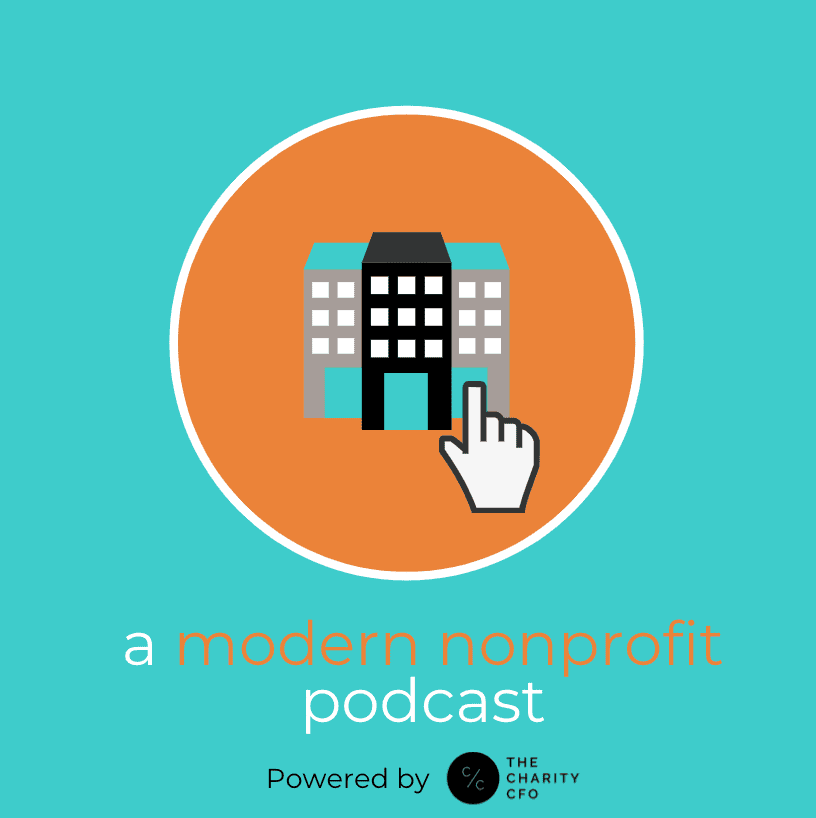Accounting for Nonprofits: A Complete Guide for Staying On Point
 Accounting for nonprofits is necessary if you want to operate, but do you know what it entails?
Accounting for nonprofits is necessary if you want to operate, but do you know what it entails?
Many people have the misconception that accounting is only relevant to large corporations. Yet, nonprofits also rely on accounting to manage revenue and expenses. Because of this, it’s best to hire an accountant to help with everything.
When confronting accounting issues common to nonprofits, an accountant will take care of most tasks. This will let you focus on other things and ensure that your nonprofit is operating legally.
To give you a better understanding, we’ll outline everything you need to know about nonprofit accounting to help you get started.
Here’s our complete guide to accounting for nonprofits!
Overview of Accounting for Nonprofits
Nonprofit accounting revolves around doing the same things that most businesses do. As a nonprofit, you’re responsible for documenting income and expenses. This lets the government ensure that all funds are being used appropriately.
Nonprofit organizations have the following characteristics:
- No owners
- Funded by third parties without expected returns
- Don’t exist to generate profits
You’ll also need to understand programs, donor restrictions, fundraising, and administration.
Programs
Nonprofit organizations launch programs when they have a cause and want to raise funds for it. All programs come with unique expenses and revenue, though you should always keep expenses as low as possible.
Donor Restrictions
While many donors provide funds to nonprofits with the intent of helping them, few choose what the money’s for. When a donor restricts their contributions to a specific thing, you’ll need to document them as restricted funds in your records. Those that aren’t restricted for anything.
Fundraising
Many nonprofits host fundraising events when they need money for something. These events often include a variety of activities. Usually, donors make contributions to gain access to the varieties.
Administration
One of the top nonprofit accounting challenges is allocating money for administration. However, the administration is crucial because it ensures that a nonprofit can operate.
Administration covers salaries and is reported to donors so that they’re aware of how funds are being used. When running a nonprofit, you’ll need to keep administration costs as low as possible while also providing enough for everyone to work.
How It Compares to For-Profit Accounting
Nonprofit accounting is similar to for-profit accounting in that many processes are similar. However, nonprofit organizations don’t have things like equity, balance sheets, and income statements.
Instead, nonprofits have net assets, statements of financial position, and statements of activities.
Net Assets
Nonprofits are required to report their net assets. Net assets show what a nonprofit’s money is invested in, how much they owe, and how much they have deposited.
Statement of Financial Position
While most companies fill out balance sheets, nonprofits don’t because they don’t have owners or shareholders. With a statement of financial position, a nonprofit can outline its assets and debts.
Statement of Activities
Income statements are used by companies that focus on generating profits. However, nonprofits use statements of activities to show how much revenue it’s received from a program. It also shows the expenses of the program.
Why You Need Accountants
Although nonprofits use several different forms, they need accountants to properly file things. Nonprofits handle cash and pay taxes, so an accountant can ensure that all the necessary documents are used.
One of the main accounting issues common to nonprofits includes incorrect bookkeeping. These organizations often receive tax exemptions. If you have a lack of oversight, your nonprofit could be forced to stop operating.
You’ll also need to track labor and employee benefits. With an accountant, you can expect them to provide W-2 forms to employees and other tax forms for your nonprofit. The benefits of having nonprofit accountants are too great to be overlooked if you want your organization to succeed.
Generally Accepted Accounting Principles
The generally accepted accounting principles (GAAP) are designed for nonprofits to follow. These were issued by the Financial Accounting Standards Board (FASB). The GAAP can help your organization take the appropriate steps when accounting.
All US companies must follow these guidelines, but nonprofits have a few unique rules to follow:
Label Net Assets
When listing net assets, you must identify whether they’re restricted or unrestricted. For example, money contributed by a donor for a specific program is a restricted asset.
Outline Cash Flow
Aside from providing info about where your nonprofit’s funds go, you must describe exactly how everything is managed. You’ll mainly go over how you use the money for everyday expenses.
Report Investment Income
You must also report all investment-related income along with expenses. However, it isn’t reported separately like donor contributions are. Instead, it’s reported as net of expenses.
What Type of Software to Invest In
You can use the same software for nonprofit accounting that for-profit companies use. If you hire an accountant, they’ll recommend you invest in things that support multiple users and cloud features.
With a cloud-based program, an accountant can access your nonprofit’s information from anywhere. This makes it much easier for you to get documents filed, even when your accountant isn’t around.
Overcome Nonprofit Accounting Challenges with This Advice
With this information, you should hire an accountant for your nonprofit if you haven’t already. Nonprofit accounting is something you should take just as seriously as the other things your organization focus on.
When investing in accounting for nonprofits, find someone experienced. This will help you avoid running into long-term nonprofit accounting issues. You can avoid some of the top nonprofit accounting challenges simply by hiring someone as quickly as possible.
If you want to work with the best nonprofit accountants, request a meeting to learn about the services we can provide you!






